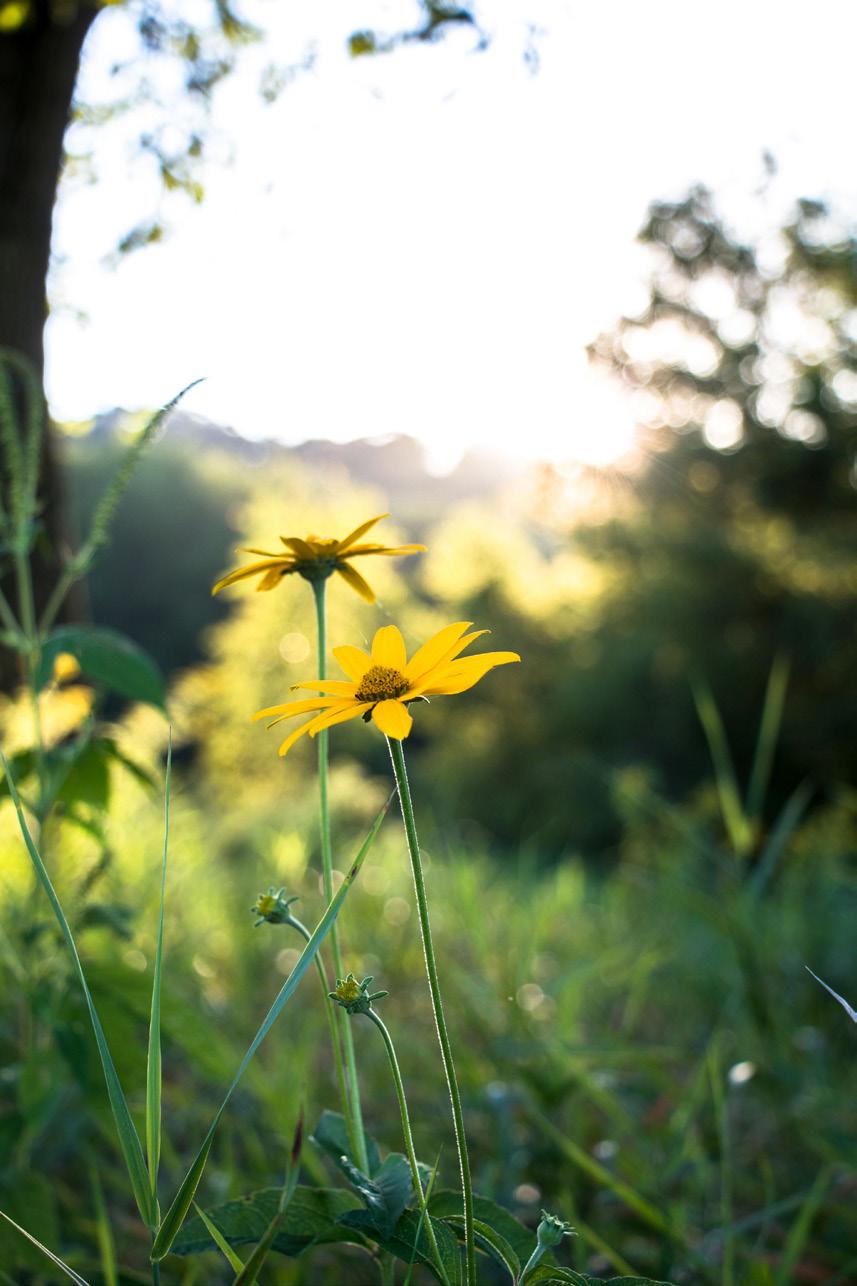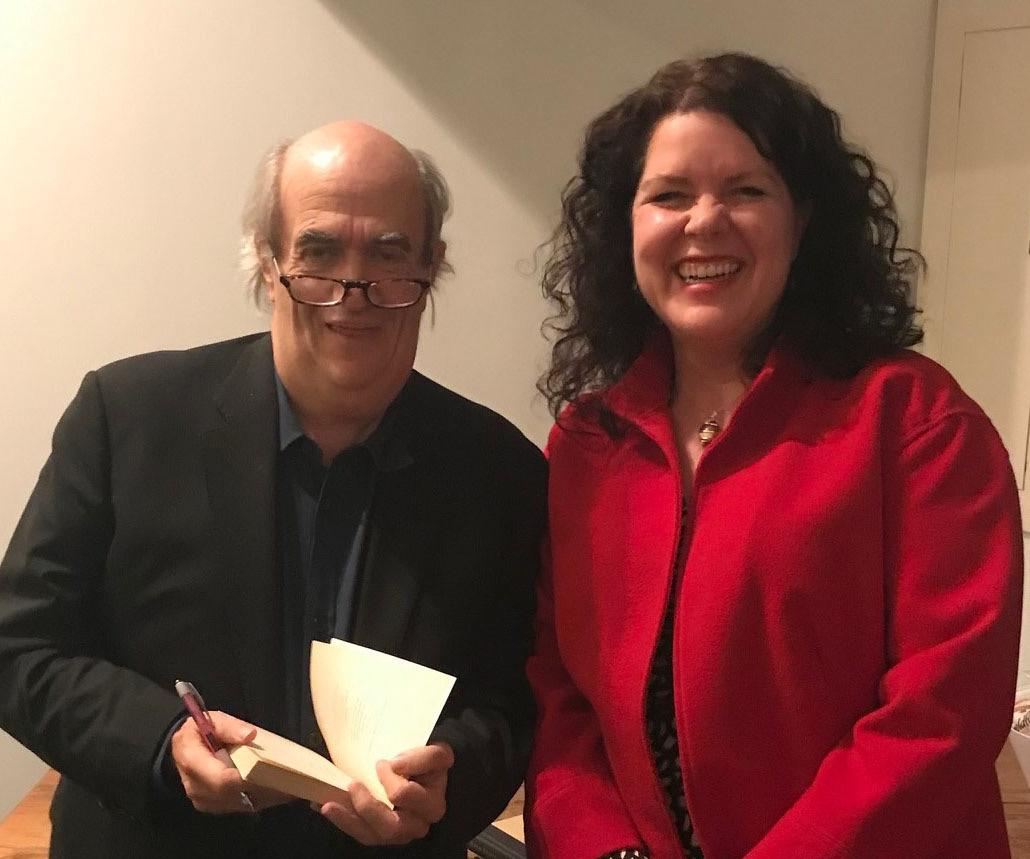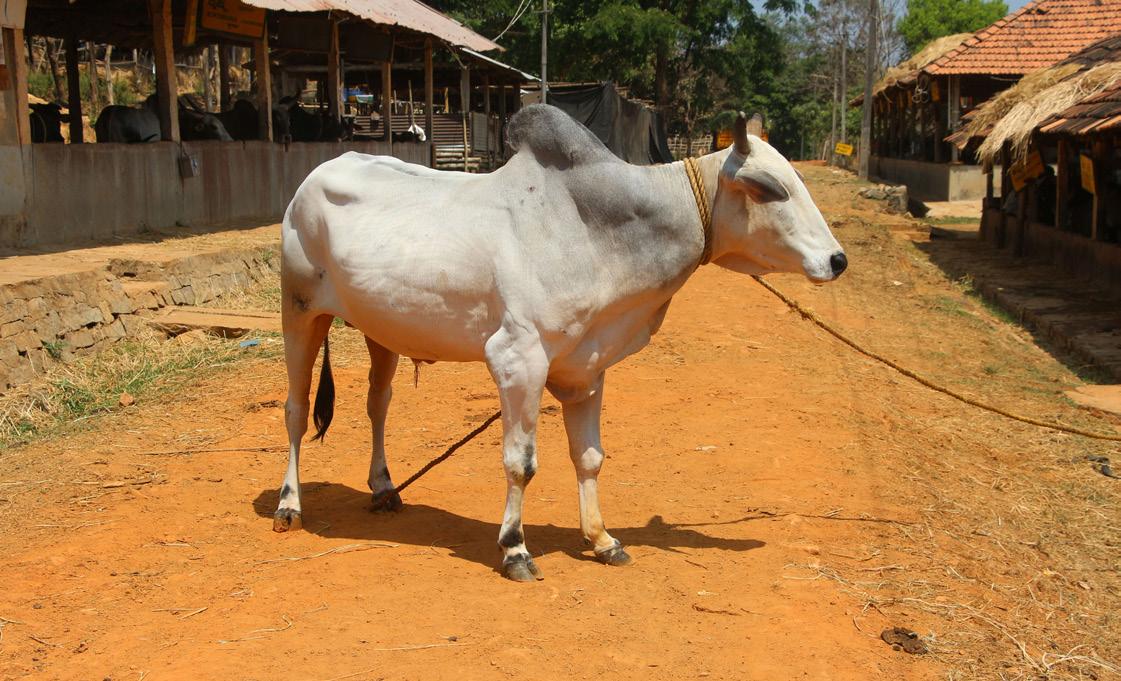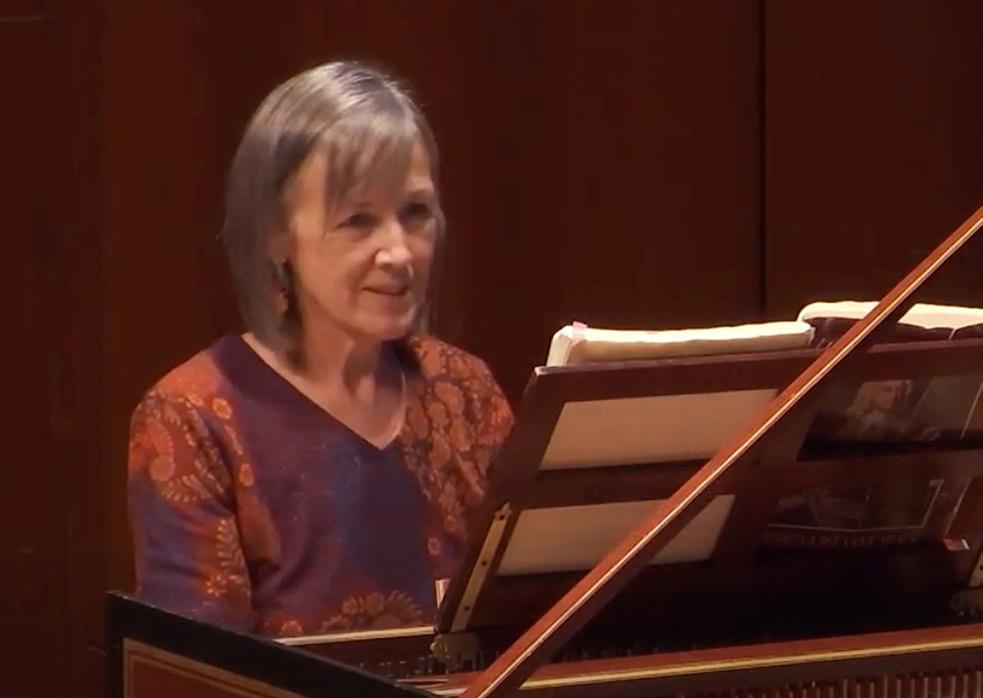Changing How We View, Treat, and Care for Others by MANNUKU PHEKO, ‘21
Note: Mannuku and Kelao Charmaine Neumbo each spoke on November 11 and reflected on two passages from Dorothy Roberts in her book Fatal Invention, quoted by Charmaine (see previous talk).
L
ast semester, I was enrolled in Evolutionary Biology class. In this class we discussed a variety of topics, including the genetic variation among species, natural selection, and the idea of common descent. The nature of common descent establishes that we are all more similar to each other than we may like to admit. In class, we learned that there is no genetic sequence unique to Blacks or whites or Asians. We gained an understanding that even though scientists can use DNA to calculate a person’s geographic ancestry, that information doesn’t reliably correspond to their race, physiological abilities, or intelligence. And as it has been mentioned, the concept of “race” is a socio-political reality, as opposed to a scientific one. However, in the very field of science, this idea of race-as-genetics will not die. The question is, why not? As a student hoping to enter the field of science, I am disappointed to see that professionals in research and medicine, whom we are supposed to look up to, are dealing in bad faith. I say this because I have noticed that professionals in these fields are well aware that race-as-genetics is false science. They are aware of the consequences that this flawed logic has on individuals and on communities. Some professionals, including the doctors who have racial biases, commit intellectual dishonesty by failing to confront the racism and racist history within their practice. To entertain the idea that “race” has some biological evidence automatically perpetuates a deceiving idea that some people are born naturally superior and others naturally inferior. Influential and powerful people in the justice system, in 46
Agora/Fall 2020
NOVEMBER 11, 2020 health and medicine and in research, are justifying the mistreatment of others, and this is wrong. That being said, we as the next generation have the freedom and obligation to address our own biases and change the way we view, treat, and care for others. We can learn from the mistakes made by the generations preceding us in order to create a just future for everyone. The Sending : Go forth and make the world a better place through acts of kindness and good faith. Mannuku Pheko


















